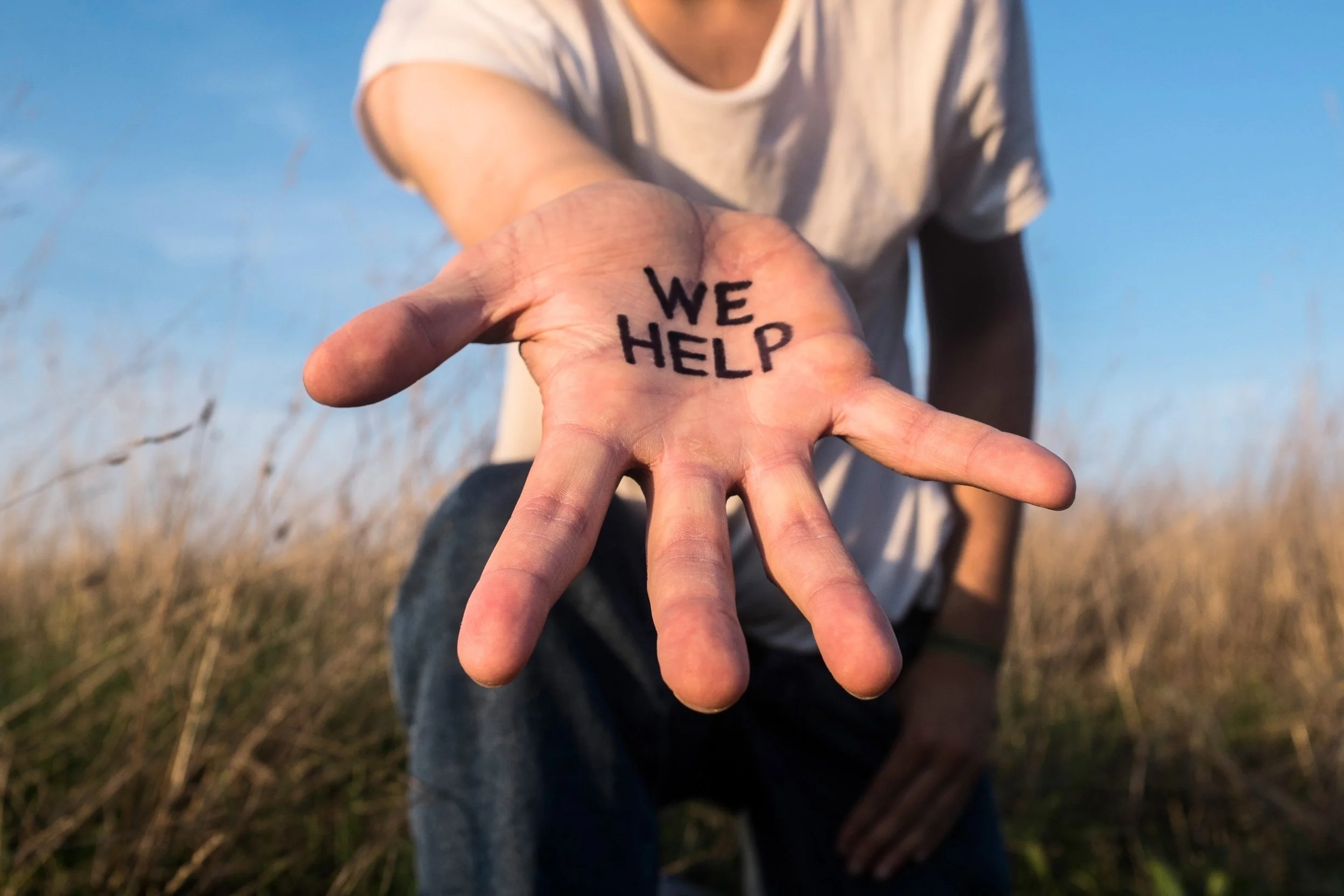Measuring RISE’s impact - Attending RISE ‘life-changing’
RISE programmes are life-changing, culturally safe
Getting feedback from those using our services is very important to RISE. We believe those closest to the experience of violence, healing, and change hold the most valuable insights into what works. That’s why we support everyone who completes a RISE programme to complete an evaluation form. These forms include scaled outcome questions and open-text prompts that allow people to reflect in their own words.RISE uses this information to deepen our understanding of participant experiences, shifts and outcomes, and the wider impact of our work. The insights we gather directly inform how we improve and adapt our services. Over the last year, we have found consistent themes and powerful stories about safety, connection, healing, and change.From August 2024 to June 2025, clients across RISE programmes completed evaluation forms. Of these, 25% had self-referred and 20% were Māori.The results show 91% agreed or strongly agreed they felt safer after working with RISE. 95% agreed or strongly agreed they felt safe and supported, and 91% strongly agreed the environment was culturally safe. In another notable outcome, 87% of Non-Violence and Safety Programme participants completed a safety plan.Over 900 deeply personal reflections were shared through the open-text questions about their time at RISE. The themes that emerged reflect the impact RISE aims to have – safer homes, stronger parenting, deeper insight, cultural belonging, and hope.Feeling safe at home
For many participants, the clearest outcome of their time with RISE was a tangible shift in how safe they and their tamariki (children) felt at home. This wasn’t just a cognitive shift, it was a sensory and emotional change: a quieter house, calmer relationships, and fewer angry explosions."I think before I act. I felt comfortable. It gave me tools to stay safe,” Non-Violence Programme participant."My interactions with the boys/kids are more positive and calmer,” Non-Violence Programme participant.Building a support network
Group-based programmes were powerful in creating a sense of solidarity. Participants spoke about the comfort and motivation they found through hearing from others with similar experiences. For some, the support extended beyond RISE through post-group check-ins and new friendships."The safe space the facilitators provided. Positive and inspiring group,” Non-Violence Programme participant."Friendliness, the group, sharing and learning from others,” Dad’s Programme participant.Parenting confidence and whānau connection
Participants in the Dad’s and Youth programmes frequently shared stories about reconnecting with their tamariki. Many had previously struggled with yelling or emotional distance, but left the programme with new routines, language, and patience."I gained a better understanding of children’s emotions and how I should respond to them,” Youth participant."I have more connection with my son," Dad’s Programme participant.Gaining confidence and hope
Participants often described a growing sense of agency, feeling more in control of their reactions and futures. Many expressed a new belief in their ability to change and grow."I have higher expectations of relationships,” Non-violence participant."I felt supported and it made me want to be better,” Safety Programme participantUnderstanding trauma and breaking patterns
A defining aspect of RISE’s approach is helping people make sense of their past, particularly intergenerational trauma and colonisation. Many shared how this opened the door to healing."I realised my behaviour comes from how I was raised,” Non-violence programme participant."It helped me understand my past and how it has affected my actions,” Safety Programme participant.Participants in the Dad’s Programmes frequently shared stories about reconnecting with their tamariki. (File photo)
Cultural safety and connection
RISE's bicultural practice is central to its work. Many Māori participants described feeling seen, heard, and culturally safe - especially through the use of te reo, karakia and whakapapa."I liked the use of te reo Māori. It felt familiar and safe,” Non-violence Programme participant
"The karakia helped me connect - it wasn’t just a ‘white’ programme,” Non-violence Programme participant.
Learning to regulate emotions
Participants frequently referenced improved emotional regulation as a key outcome. They spoke about recognising triggers, pausing before reacting, and choosing calmer responses."RISE gave me some tools to cope with situations and to calm myself,” Non-violence Programme participant.
"I now know how to pause and choose a different response,” Non-violence Programme participant.
Using practical tools
RISE teaches simple, memorable tools to support change. These include trigger cards, safety planning templates, emotion regulation techniques, and communication frameworks."I learned some tools I could use to help me think and act better,” Non-violence Programme participant.
"The tools we were given really help in the moment,” Dad’s Programme participant
General gratitude and endorsement
Many people closed their evaluations by expressing gratitude and pride in their progress."I felt comfortable. It was a good experience and helped me,” Non-violence Programme participant.
"I’m grateful for the space. I feel like a better version of myself,” Dad’s Programme participant
Conclusion
The 2024-25 evaluations show that after working with RISE, people feel and are safer, acquire practical self-regulation tools, strengthen relationships, and develop the insight needed to disrupt intergenerational violence. The feedback affirms these shifts are experienced as real, culturally safe, and life changing.
Photo: Pexels.


